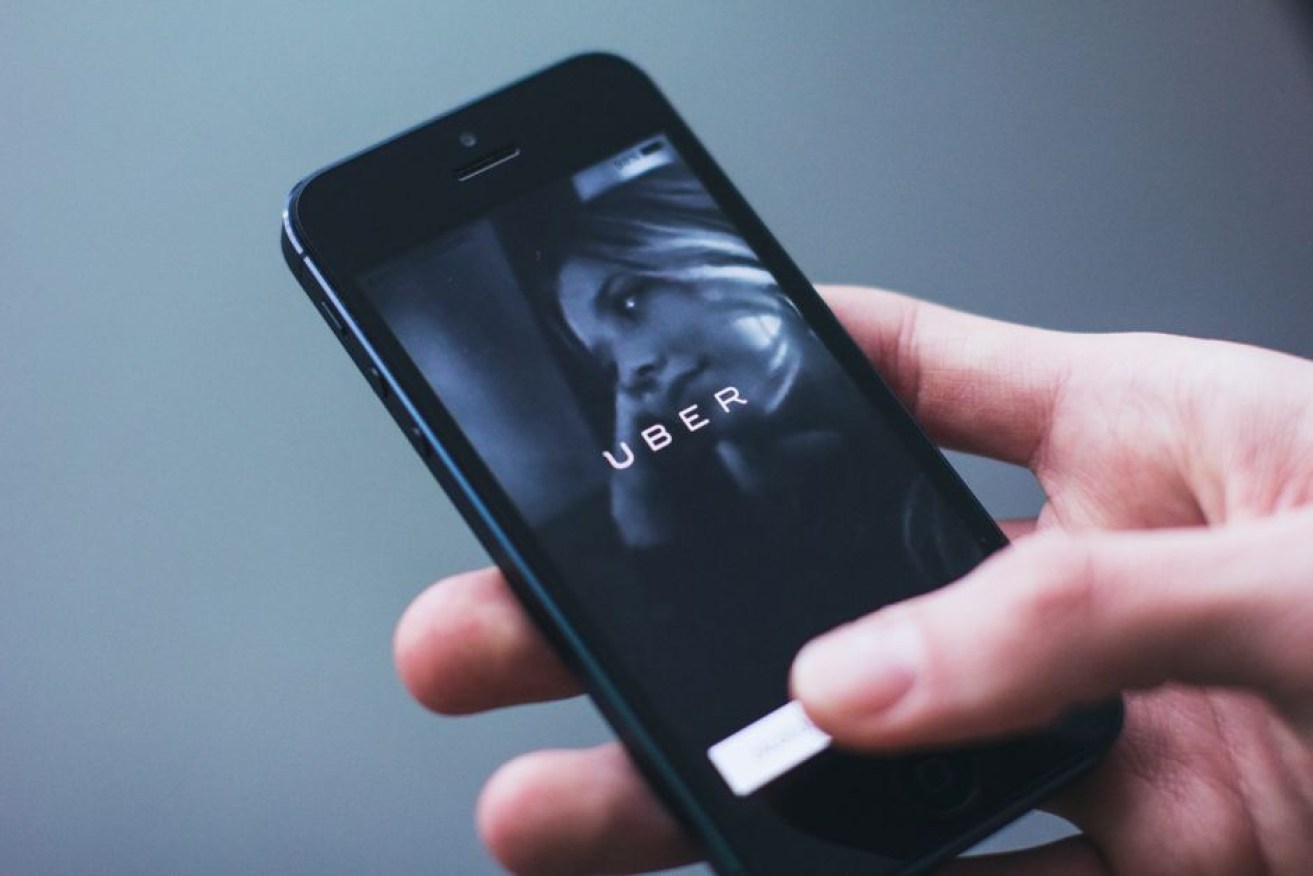Why women would rather walk than take an Uber

Women-only ride-sharing services could signal a revolution in women's safety. Photo: Pexels.com
The concept of “female ride-sharing” was thrust back into the spotlight this week when Victorian Premier Daniel Andrews spruiked Shebah, a service he said was developed by single mother George McEncroe, in a Facebook post.
Predictably, many commenters described the concept of ride-sharing run by women, for women, as “sexist” and “discriminatory”, arguing it promotes inequality and “only furthers the divide between the sexes”.
However, many women praised the idea, and shared stories of feeling unsafe in taxis and Uber cars.
When I put a call-out on social media for young women’s experiences with taxis and Uber cars, I was overwhelmed by the number of responses I received.
Many themes emerged, though male drivers asking personal questions and touching passengers’ legs were two of the most common ones.
Women ‘would rather walk’ than take an Uber
All of the women who shared stories said they frequently had negative experiences using Uber cars and taxis: “Where do I begin?”, “So many to choose from”, “This has happened 100s of times.” Sadly, I was unsurprised.
Many women said drivers had asked, “Do you have a boyfriend?” which often left them feeling uncomfortable and forced to disclose information in the spirit of chit-chat.
Amelia from Wollongong once had a driver tell her: “If I was your boyfriend, I would never make you get a cab home with a stranger.”
Shay from Adelaide recalled riding in a taxi by herself when she was 16.
“The driver kept asking really inappropriate questions. How old was I? Did I have a boyfriend? Did we have sex? … I asked him to let me out because I felt so uncomfortable and I walked the rest of the way to my destination,” she said.
Several other women revealed they, too, had chosen to walk home alone rather than ride in an Uber or continue in a taxi feeling uncomfortable.
One sex worker said they usually walked home at night to avoid being interrogated, saying the majority of their rides in taxis or Ubers felt unsafe: “They ask me about money, they ask me about my clients and rates. They compare their own jobs to mine and laugh,” they said.
“More than once a driver has hung around at my house after dropping me off. I haven’t called the police because I also don’t want the cops identifying me as a worker.”
Young women are afraid to go out at night
Of course, #NotAllDrivers are predators. But for people questioning the need for services like Shebah, I implore you to speak to your female friends and family members to hear these stories and gain an understanding of what it’s like to feel unsafe while using public transport.
Tellingly, a recent report by research firm Ipsos called A Right To the Night surveyed more than 600 Australian women aged 15-19 and found one in three were afraid to be out in public spaces after dark, while a quarter said they did not think young women should ever travel on public transport alone.

The concept of ridesharing services for women has been criticised for being sexist and discriminatory. Photo: Pexels.com
One common argument from those who oppose the idea of “Uber for women” is that men are more likely to be victims of violence late at night, which is true in some cases, particularly from strangers.
But the majority of perpetrators are other men. There are many reasons we could speculate as to why this occurs — heavy alcohol use, a culture of toxic masculinity — but we can surely acknowledge that assault is horrible for anyone without simultaneously crying “discrimination” when women want to feel safe getting home at night.
There is a big difference between discrimination that keeps women out of positions of power, from being equal members of society, and discrimination that aims to help women feel safe.
Which is why the introduction of Shebah could signal a revolution in women’s empowerment and safety.
It’s important to acknowledge those most at risk of violence — sex workers, trans women, Indigenous women — would benefit from this service, if run correctly. At this stage it is unclear whether Shebah will be welcoming to trans women/femmes, but one can only hope it is.
After all, a service isn’t safe for “women” if it isn’t safe for all of us.
— ABC








